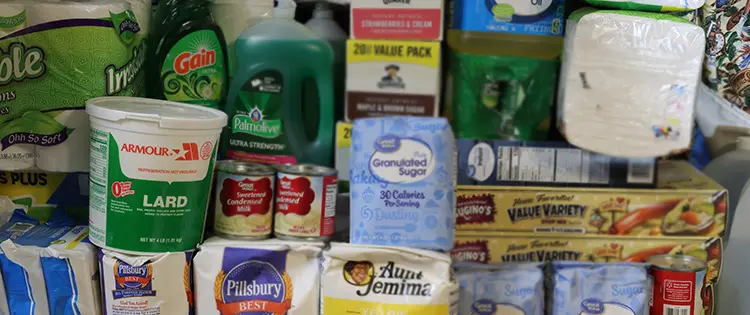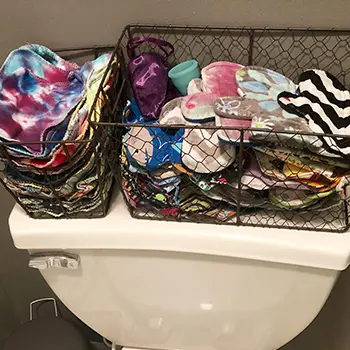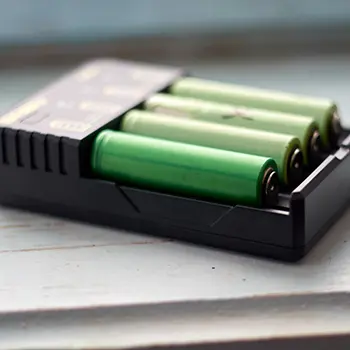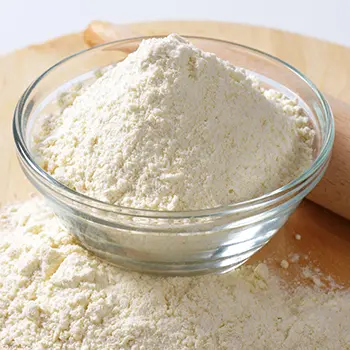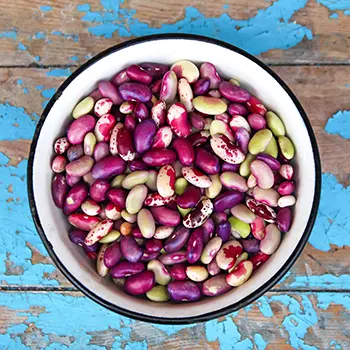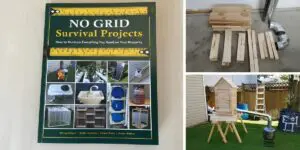In light of recent unexpected events impacting the United States and the world, there has been a growing awareness among Americans regarding the significance of maintaining emergency provisions like food, medication, and beverages. Being well-prepared for unforeseen situations has become a paramount concern, as the availability of emergency supplies can play a crucial role in safeguarding your safety and overall welfare.
During times of crisis, it is important to remain well-informed and take necessary precautions to ensure the protection of oneself and loved ones. Whether you’re an experienced homesteader or a newcomer to preparedness, it’s crucial to evaluate your stockpiling choices and consider suitable alternatives.
It’s important to note that there is a multitude of items that could prove invaluable during a crisis, exceeding the scope of this list. In the following sections, we will explore various alternatives and provide recommendations for what items you should consider acquiring instead.
Bottled Water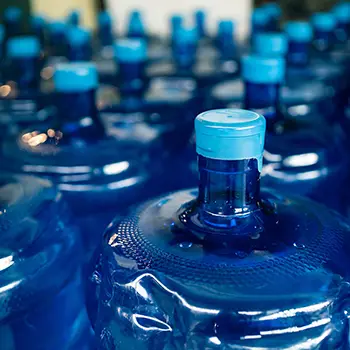
Although water is essential to any survival stockpile, you need to consider how it is contained. Rather than buying individual water bottles, purchasing a water filter or water purification tablets is often better. When storing water for long-term use, keeping airtight containers in a cool, dark place is vital. Consider using water purification tablets or a water filter to ensure the water remains safe.
Rotating and replacing stored water every six months is also recommended to maintain freshness. Instead of relying solely on bottled water, you can keep tap water appropriately treated with chlorine bleach or other disinfectants.
An even better alternative is building your own rainwater harvesting and purification system.
Canned Goods
Having a lot of canned food is helpful when you don’t have to go anywhere. But canned food can be heavy, and it needs a lot of room. Also, some of it might not stay good for as long as you’d like, so always check the dates if you want to keep canned food.
Instead, think about making or buying freeze-dried or dehydrated food. This way, they take out the water, and the food can stay good for a longer time.
Toilet Paper
Stop collecting lots of toilet paper. Instead, think about using reusable cloth wipes. If you ever run out of toilet paper and can’t buy more, these reusable wipes can be very helpful. They’re good for the environment and can be used for more than just cleaning yourself.
Another idea is to get a handheld bidet, which can reduce how much toilet paper you need. But remember, it depends on having access to water.
Paper Towels
A lot of folks collect paper towels, and they’re useful. But there are better choices. Instead of getting paper towels, get microfiber or reusable cleaning cloths. You can wash and use them many times, which is better for the environment and saves you money over time. They also don’t take up as much room when you store them.
Also, using cloth towels can make it easier to clean and kill germs on surfaces, keeping things clean and safe.
Disposable Razors
Don’t buy razors you throw away. Think about getting a safety razor and extra blades instead. They can cost less to keep a bunch of, and you won’t need as much room for them. When we think about what we keep, we can use our stuff and space better.
Cheap Boots Or Shoes
Getting strong shoes is super important for staying safe. Even though cheap shoes might seem like a good idea, they’ll probably wear out fast and not give you enough support or protection. So, look for boots or shoes that are made really well with tough materials to handle tough conditions.
It might cost more when you first buy them, but in the long run, it saves you money and trouble. For instance, if you spend more on good hiking boots, they’ll give you the support you need and make it easier to walk on rough ground.
But if you wear cheap boots, you might get blisters or hurt yourself, and they might let water in, making your journey much harder and maybe even risky.
Batteries
Even when things are going well, batteries can cost a lot of money. Think about getting rechargeable batteries and a charger that uses solar power. If you collect rechargeable batteries, especially the ones that are used a lot, it will make things simpler for you when things get tough.
Batteries are really important for staying safe. If you have a bunch of batteries, they could save your life if you need a radio or flashlights that run on batteries.
Bleach
Bleach doesn’t last a long time, and it can be unsafe if you don’t use it right. Think about using something else, like hydrogen peroxide or vinegar. They’re both good for cleaning and getting rid of germs. And if you do store bleach, make sure to switch it out with new bleach regularly.
Changing the stuff you have stored is important to keep it safe and useful. Learning how to handle and store bleach properly can also stop accidents from happening.
Bleached Flour
Regular bleached flour doesn’t last very long – only about 6-8 months. Instead, try to find unbleached or all-purpose flour that stays fresh longer and doesn’t have as many chemicals. Some types of flour are made for long-term storage. They usually come in cans or vacuum-sealed bags and might have things like oxygen absorbers inside.
With these kinds of flour and the right way to store them, you can keep them good for up to 25 years. Just make sure the packages are still sealed, and you keep them in a cool, dry place.
High-Sodium Foods
What you keep in your stockpile really matters. Foods like salted nuts and canned soups with lots of salt can make you lose too much water and cause health problems. It’s better to store foods with less salt or no salt at all. Or even better, get a seasoning mix without salt.
For example, when you’re making an emergency food kit, you could include freeze-dried fruits and vegetables instead of canned goods. They’re healthier.
Also, a seasoning mix without salt can add flavor to your meals during an emergency without giving you too much sodium.
Dried Beans
Dried beans are a common thing to keep in your stockpile. But before you buy a lot to store for a long time, think about how long it takes to cook them.
A lot of types of dried beans need to sit in water before you cook them, and even after that, they can take a long time to get soft. This can be hard, especially during a crisis, especially if you don’t have much fuel.
It’s a good idea to have a little bit of dried beans, but also have some other foods that are easier and quicker to cook.
Peanut Butter
Peanut butter is something many of you keep, but it doesn’t last forever. The issue is with the oil in peanut butter, and most of it stays good for only about a year.
So, if you really like peanut butter and want it to last longer, there are powdered options available. These don’t have the oil that causes problems, and you can store them safely for a long time.
Any Foods You Do Not Normally Eat
One common mistake new homesteaders make is getting a lot of food they wouldn’t normally eat. Don’t buy stuff just because it’s on sale or can stay good for a long time. Instead, buy what you know you like to eat. If you end up in a crisis and all you have is food you don’t enjoy, things can get tough quickly.
It’s important to be ready for emergencies, but it’s also important to think about the quality and how good it is for the environment of the stuff we keep. Homesteaders should think again about what they store and consider options that are better for the environment and last a long time.
Final Thoughts
We can get ready for emergencies and help the environment by using things that we can use again and again, and by choosing foods that are really good for us. Being ready doesn’t mean we have to hurt our health or the Earth.
We can make smart choices and come up with creative ideas to make sure we’re ready for anything.
Do you have any ideas about things that people should stop collecting? I’d like to hear what you think in the comments. Stay safe.
You may also like:
Items You Should Have In Case Of An Emergency
An Insanely Effective Way to Build a 5 Year Food Stockpile (Video)
What The Amish Ate During The Great Depression

